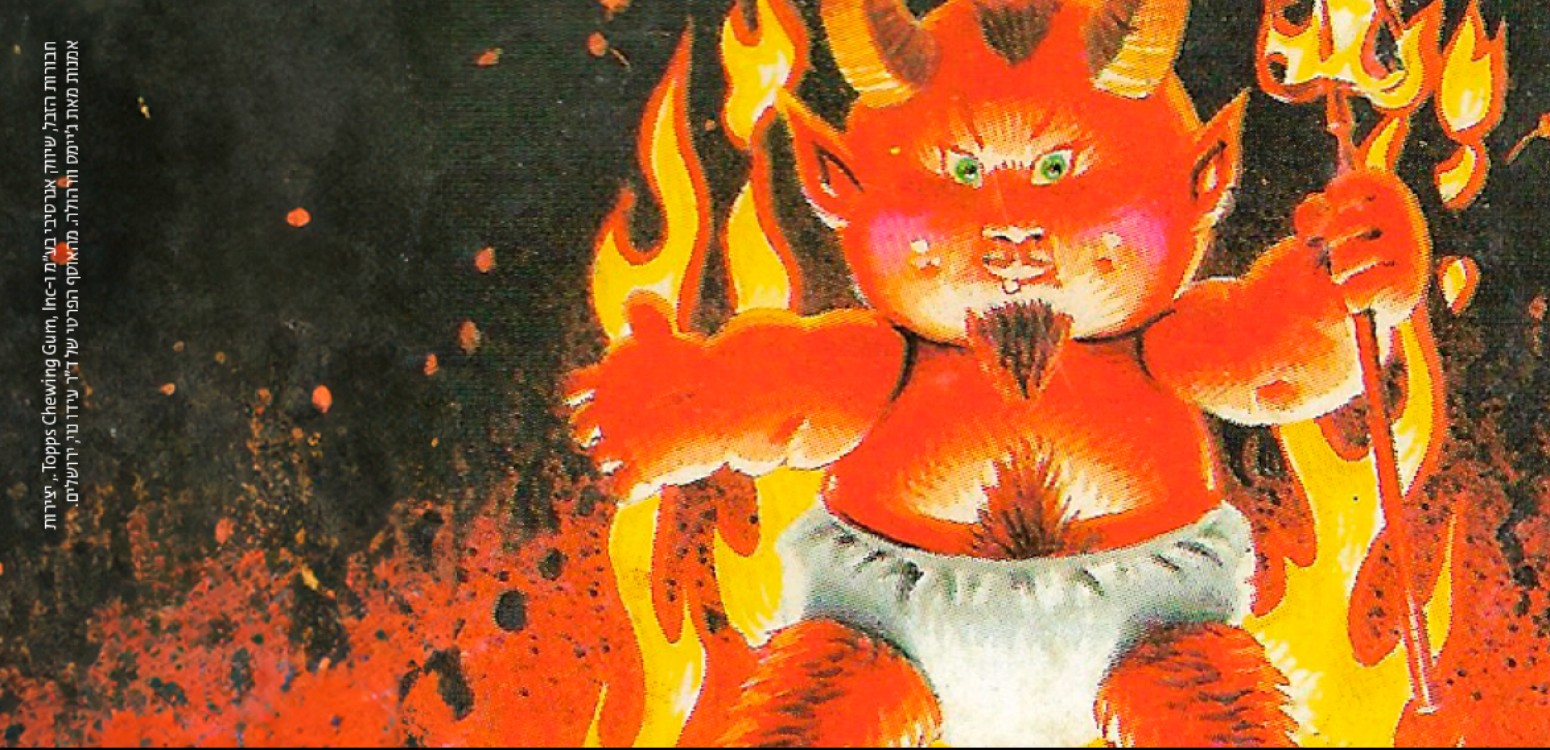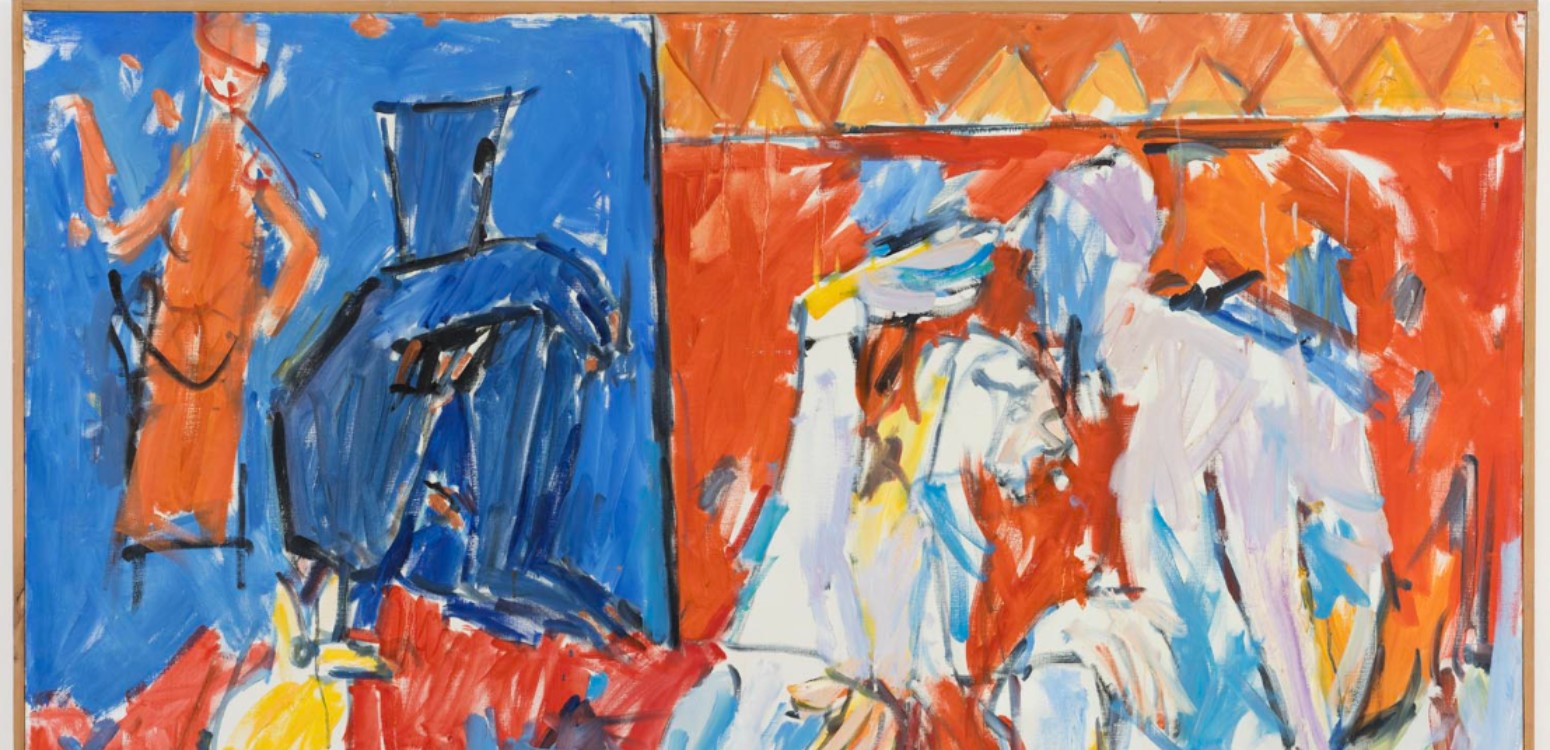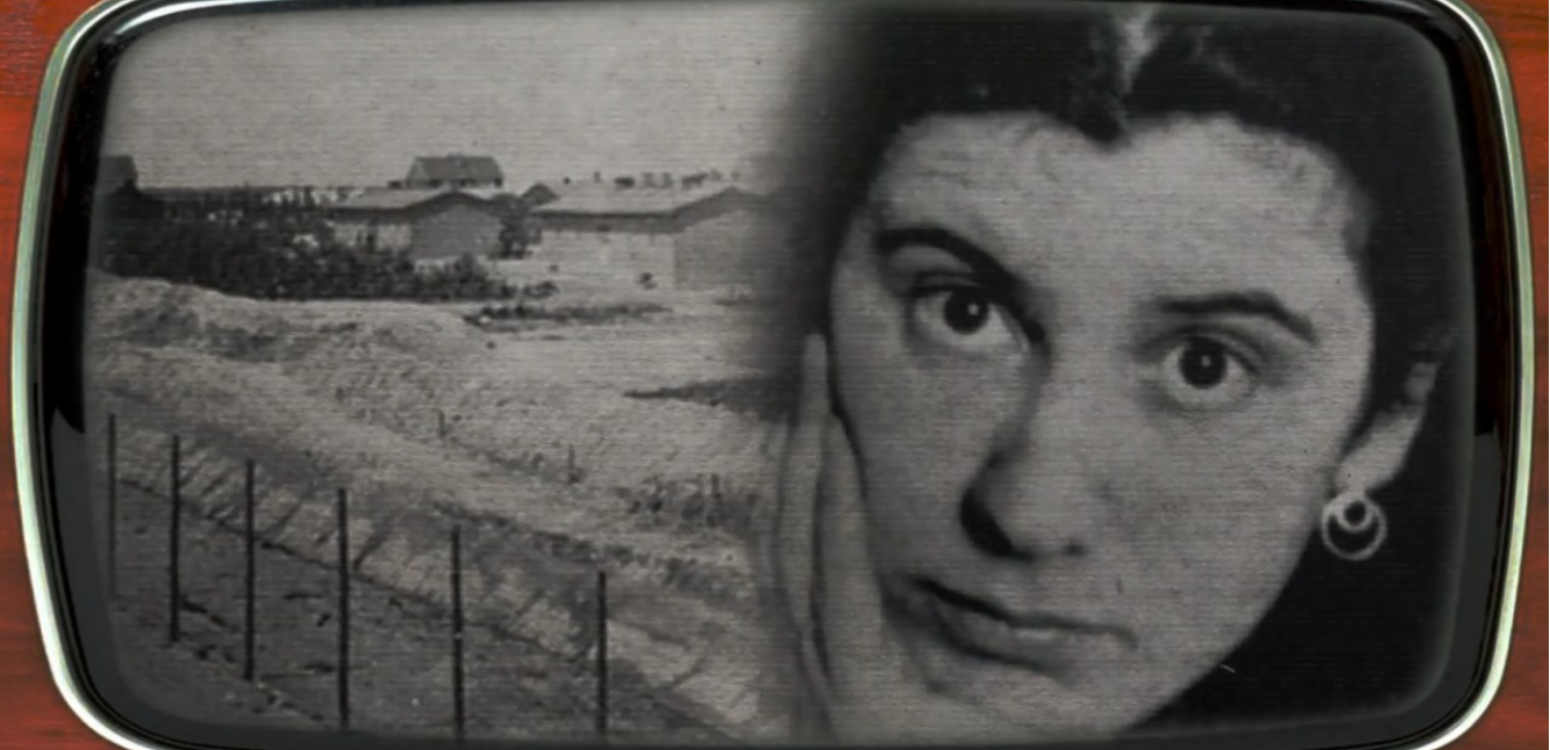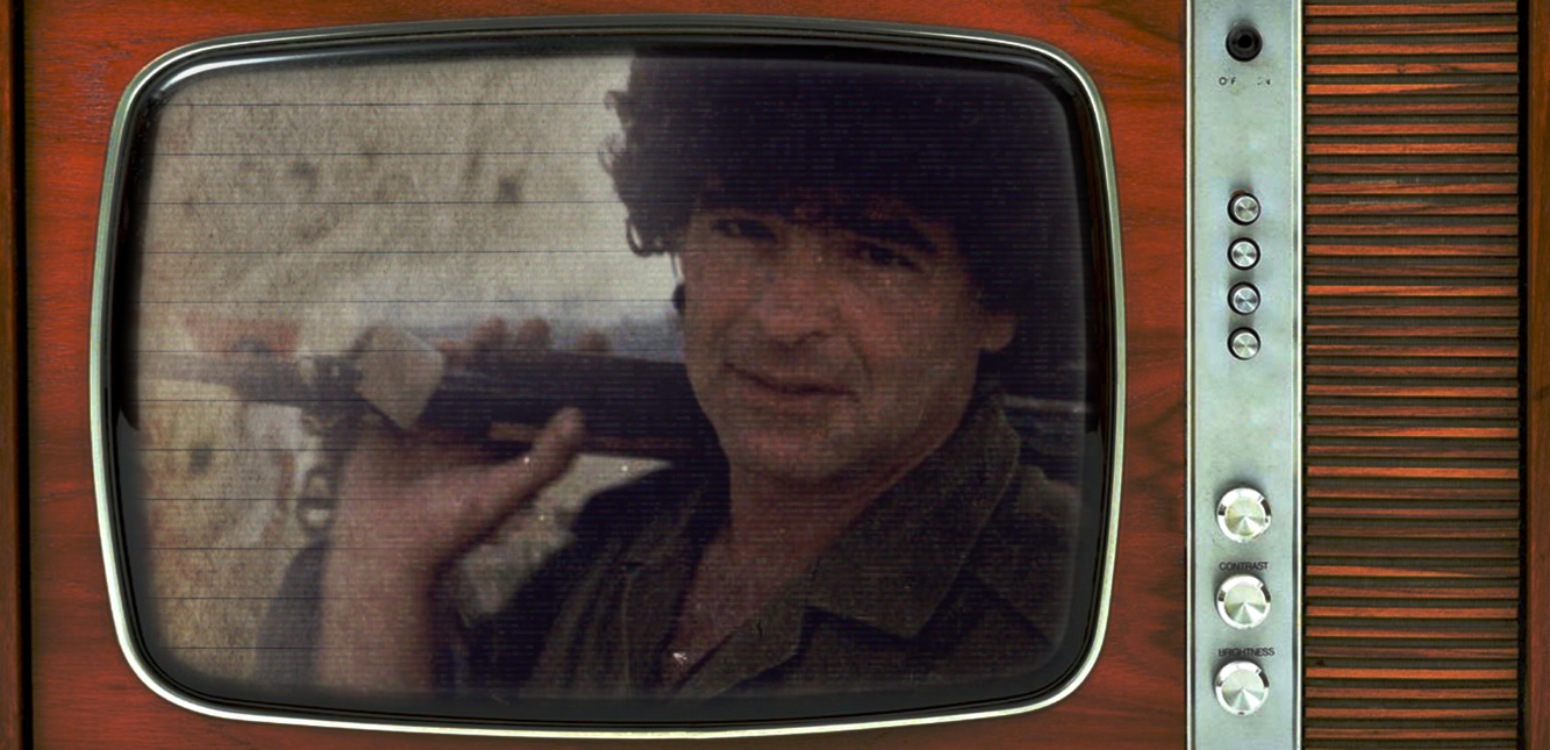
The unbelievable story of Abraham Abulafia – a radical Jewish mystic whose teachings echo from medieval Spain to modern philosophy
A quick Google search of the renowned Kabbalist Abraham Abulafia yields some unexpected results. Abulafia, who lived in 13th-century Spain, appears in contexts spanning continents, religions, and eras. Among other things, for example, both Indian yoga and French philosophy somehow find their way into the search results. According to Kabbalah scholar Prof. Moshe Idel, who has extensively researched Abulafia, there is no reason to be surprised that the man and his teachings resonate so widely. A closer look at Abulafia's life and thought reveals a figure with undeniably boundary-breaking aspirations.
The Jew Who Walked to the Pope
When Moshe Idel was still a doctoral student in philosophy and working as a research assistant for Prof. Ephraim Gottlieb, Gottlieb recommended that he examine Abraham Abulafia’s commentaries on Maimonides’s “The Guide for the Perplexed.” At the time, Idel was unfamiliar with the Kabbalist, but this suggestion ultimately led to his doctoral dissertation on Abulafia and his teachings—making him, in time, the foremost scholar on the subject. The figure he uncovered was an exceptionally unusual Kabbalist. In fact, says Prof. Idel, Abulafia cannot be identified with the Kabbalistic tradition that preceded him: it would be more accurate to describe him as having invented an entirely new form of Kabbalah.
Abulafia’s independent system was completely distinct from the Sefirotic Kabbalah. It was based on engaging with the Tetragrammaton, letter combinations, interpreting various texts through these methods, and practicing breathing techniques. These practices were designed to lead adherents to the pinnacle of his method: ecstasy. The ecstatic experience—a state of expanded consciousness, detachment from the body, and complete openness to spiritual experience—was regarded by Abulafia as a form of unification with God, or in other words, a prophetic revelation.
Abulafia knew such revelations firsthand. He describes and interprets them in his writings. One such revelation led him, in 1279, to embark on a mission to the Pope Nicholas III—despite explicit warnings from the Holy See that if he set foot in Rome, he would be executed. Abulafia was undeterred (this was not the first time his strong messianic intuition had driven him to travel: at just 19, he set out for the Land of Israel in search of the legendary Sambatyon River and the Ten Lost Tribes). He arrived at the Pope’s residence despite the threats, but as fate would have it, the Pope suddenly fell ill and died. Abulafia was spared: instead of being executed, he was arrested and later released.
Prophetic Kabbalah as the Universal Religion
It is unclear exactly what Abulafia envisioned for his meeting with the Pope. Prof. Idel believes he wanted to discuss his most radical innovation: the universal religion. In both his theoretical and practical teachings, Abulafia essentially laid the groundwork for an entirely new faith with a purpose he saw as universal. He believed that Judaism’s primacy over other religions lay first and foremost in its connection to the sacred language, to the Hebrew alphabet with which the world was created. But precisely for this reason, Abulafia argued that the key Judaism offers humanity is not found in observing commandments but in letter combinations and mystical practice.
Prof. Idel explains: for Abulafia, rabbinic Judaism (which he sharply criticized), like the other religions that preceded his Prophetic Kabbalah, was a beneficial way of life—but far from the absolute, true religion. When asked about Abulafia’s attitude toward Jewish law (halakha), Idel smiles and says it was a complex one. It is unclear to what extent Abulafia adhered to a halakhic lifestyle, but we do know that he saw his teachings as a new (and final) stage in the history of religions—a universal faith intended for all. Prof. Idel suggests that Abulafia came to Italy to share his new religion with the Pope and to attempt to enlist him in spreading it.
As can be inferred, Abulafia was not one to shy away from bold actions. So focused was he on the ecstatic experience that his interpretative method served him as a means to recruit any text to the cause of his Prophetic Kabbalah. Abulafia interpreted, in ways that Prof. Idel describes as artificial and at times even violent, the Bible, Talmudic literature, and the writings of Maimonides. His use of language was similarly subversive: he employed common words with meanings entirely different from their conventional ones, constructing new meanings through letter combinations and gematria—sometimes even across different languages. When he spoke of “religion,” “imagination,” or “prophecy,” he meant something else entirely. In this vein, he also called himself “Messiah.” Naturally, this earned him a number of opponents—the most prominent being halakhist and Talmudist Rabbi Shlomo ben Avraham ibn Aderet, known as Rashba—who vehemently opposed his teachings, methods, and actions.
Christian Mysticism, French Philosophy
True to its universal aspirations, both the roots and the influence of Abulafia’s doctrine extend far beyond the Zaragoza of his birth, the Greece and Italy where he was active, or the Land of Israel of his time. His sources of inspiration can even be found in Indian yoga. Prof. Idel points out that the breathing techniques described in Abulafia’s writings precisely match those found in The Yoga Sutras of Patanjali from the 12th century.
The ripples of Prophetic Kabbalah also travelled far. The power of Abulafia’s method led to his writings being translated into numerous languages and, to some extent, contributed to the emergence of Christian Kabbalah. His claim that letter combinations were a technique surpassing even Greek philosophy aligns explicitly with the philosophical thought of Jewish French-Algerian philosopher Jacques Derrida (1930-2004), who indeed cited French translations of Abulafia’s works in his writings—as Idel demonstrated both in a lecture he delivered before Derrida himself and in an article he wrote.
The secret of Prophetic Kabbalah’s allure is difficult to articulate, but there is no doubt that it is closely tied to the trailblazing and independent nature of its founder—and to the promise he embedded within it: the promise of unification with God.
Main Photo: An illuminated page from Abraham Abulafia's Light of the Intellect (1285)
Also at Beit Avi Chai



















